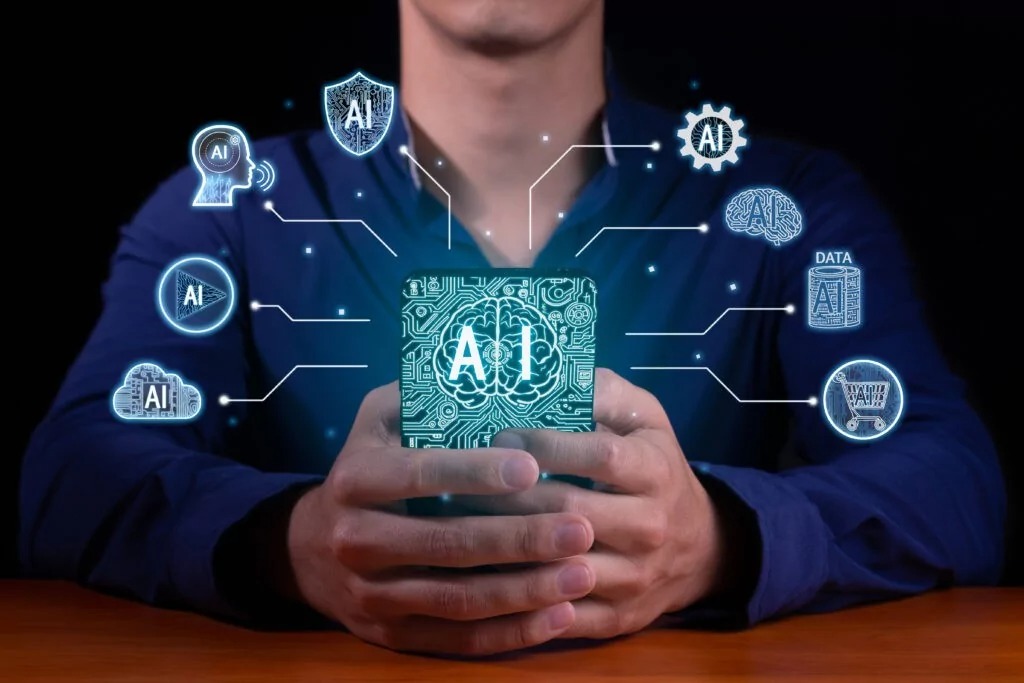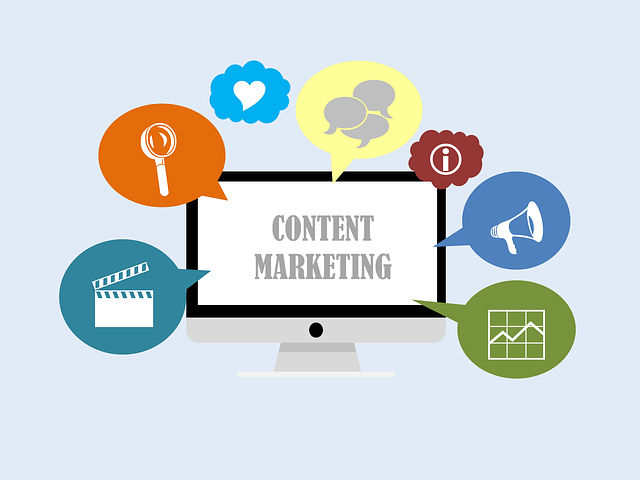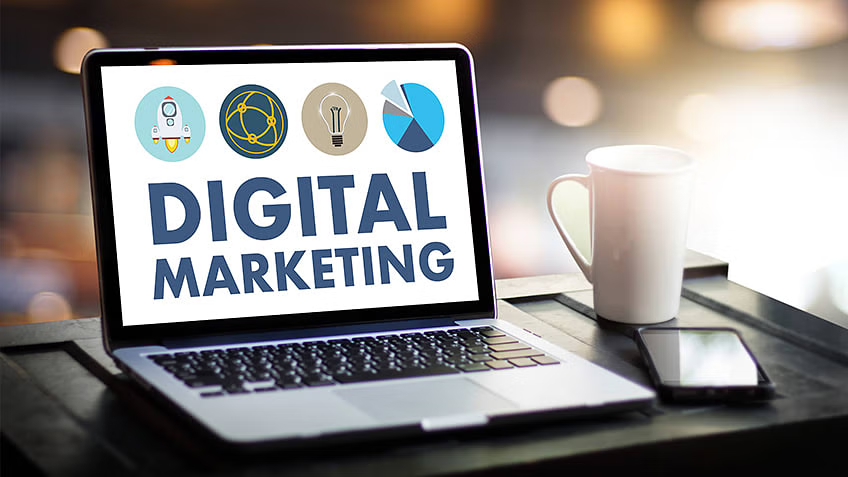
Table of Contents
- Introduction
- AI in Healthcare: Revolutionizing Diagnosis and Treatment
- AI-Driven Diagnostics
- Personalized Medicine
- AI-Powered Virtual Assistants
- AI in Business: Streamlining Operations and Enhancing Decision-Making
- Automation of Routine Tasks
- AI in Customer Service
- Predictive Analytics
- AI in Transportation: Shaping the Future of Mobility
- Self-Driving Cars
- Smart Traffic Management
- AI in Logistics
- AI in Education: Personalized Learning and Classroom Innovation
- Personalized Learning Platforms
- Smart Classrooms
- AI Tutoring Systems
- AI in Finance: Enhancing Risk Management and Customer Service
- Fraud Detection
- Robo-Advisors
- Credit Scoring
- AI in Entertainment: Transforming Content Creation and Consumption
- AI in Music and Art Creation
- Personalized Recommendations
- Virtual Reality and Gaming
Artificial Intelligence (AI) has transitioned from a concept of the future to a tangible reality, transforming our daily lives and professional environments. The influence of AI extends across diverse sectors, from autonomous vehicles to medical advancements powered by intelligent systems. As this technology progresses, its effects become increasingly significant, altering economic landscapes, business operations, and personal interactions with the surrounding world. This piece will delve into the ways AI is reshaping our global society and examine the implications for our future trajectory.
The Power of Artificial Intelligence
Machines and software capable of mimicking human cognitive functions, such as learning, reasoning, problem-solving, perception, and language comprehension, are collectively known as Artificial Intelligence (AI). Although AI has existed for many years, recent progress in machine learning, neural networks, and data analytics has significantly enhanced its capabilities, enabling its integration into various aspects of daily life. The far-reaching impact of AI is evident, and its influence is swiftly expanding across all industries.
- AI in Healthcare: Revolutionizing Diagnosis and Treatment
Healthcare is one of the key sectors where artificial intelligence is exerting a substantial influence. AI-driven solutions are enhancing the accuracy, efficiency, and accessibility of healthcare services by improving diagnostic procedures, treatment strategies, and patient management.
Key Developments in AI for Healthcare:
→AI-Driven Diagnostics: Machine learning algorithms can analyze medical images, such as X-rays, MRIs, and CT scans, with exceptional accuracy, helping doctors identify conditions like cancer, heart disease, and neurological disorders at earlier stages.
→Personalized Medicine: AI can analyze patient data to recommend personalized treatment plans, improving outcomes and reducing unnecessary treatments.
→AI-Powered Virtual Assistants: Chatbots and virtual assistants powered by AI are helping patients manage their health by providing information, reminding them about medication, and even offering basic consultations.
These AI innovations are not only making healthcare more accessible but are also contributing to a more efficient and cost-effective system.
- AI in Business: Streamlining Operations and Enhancing Decision-Making
AI is changing the way businesses operate, making processes more efficient, data-driven, and customer-centric. From automation to customer service, AI is helping businesses stay competitive in a fast-paced digital world.
Key Business Applications of AI:
→Automation of Routine Tasks: AI tools can automate repetitive tasks, such as data entry, customer service inquiries, and inventory management, freeing up human workers to focus on higher-value activities.
→AI in Customer Service: Chatbots and virtual assistants are improving customer interactions by providing instant support, answering queries, and even resolving issues in real time.
→Predictive Analytics: AI-powered algorithms can analyze massive datasets to predict trends, consumer behavior, and market demands, helping businesses make informed decisions and optimize operations.
The use of AI in business not only enhances efficiency but also improves decision-making and customer experience, providing businesses with a competitive edge.
- AI in Transportation: Shaping the Future of Mobility
The transportation industry is undergoing a major transformation with the integration of AI technologies. From autonomous vehicles to smart traffic management systems, AI is making transportation safer, more efficient, and sustainable.
AI Innovations in Transportation:
→Self-Driving Cars: Autonomous vehicles powered by AI are set to revolutionize the way we travel, reducing the risk of human error, optimizing traffic flow, and enabling more efficient use of resources.
→Smart Traffic Management: AI-powered systems can monitor traffic patterns, predict congestion, and adjust traffic signals to improve the flow of traffic, reducing delays and fuel consumption.
→AI in Logistics: AI algorithms can optimize delivery routes, improve supply chain efficiency, and predict maintenance needs for transportation fleets, making logistics operations more efficient and cost-effective.
AI is shaping the future of mobility by making transportation safer, greener, and more efficient, with the potential to revolutionize everything from urban commuting to global logistics.
- AI in Education: Personalized Learning and Classroom Innovation
Education is another field being transformed by AI, providing new opportunities for personalized learning and enhancing classroom experiences for both teachers and students.
AI-Powered Educational Tools:
→Personalized Learning Platforms: AI-powered platforms can tailor lessons to each student’s learning style and pace, ensuring a more effective and individualized educational experience.
→Smart Classrooms: AI systems are helping educators by automating administrative tasks, analyzing student performance, and providing real-time feedback to students, enabling a more dynamic learning environment.
→AI Tutoring Systems: Virtual tutors powered by AI can offer additional support outside the classroom, providing students with personalized guidance and resources.
AI in education is helping students and teachers alike by making learning more accessible, personalized, and interactive, paving the way for the future of education.
- AI in Finance: Enhancing Risk Management and Customer Service
AI is increasingly being used in the financial industry to improve decision-making, enhance risk management, and provide personalized services to customers.
Key Uses of AI in Finance:
→Fraud Detection: AI algorithms can detect unusual transactions and patterns that may indicate fraudulent activity, helping financial institutions prevent fraud in real time.
→Robo-Advisors: AI-powered robo-advisors provide personalized financial advice based on a client’s risk tolerance and financial goals, democratizing access to expert investment advice.
→Credit Scoring: AI can analyze vast amounts of financial data to provide more accurate and fair credit scores, offering individuals better access to loans and financial services.
The integration of AI in finance is streamlining processes, improving security, and providing more personalized services to customers.
- AI in Entertainment: Transforming Content Creation and Consumption
AI is also having a major impact on the entertainment industry, enhancing content creation, curation, and consumption. From AI-generated music to personalized recommendations, AI is reshaping how we engage with media.
AI Applications in Entertainment:
→AI in Music and Art Creation: AI algorithms can now create original music, paintings, and even scripts, offering new possibilities for artists and producers.
→Personalized Recommendations: Streaming services like Netflix, Spotify, and YouTube use AI to recommend movies, shows, and music based on user preferences, improving content discovery.
→Virtual Reality and Gaming: AI is enhancing virtual reality (VR) and gaming experiences by creating more dynamic, responsive environments and characters.
AI is transforming entertainment by making it more interactive, personalized, and creative, offering both creators and consumers new ways to experience and enjoy media.
- AI in Sustainability: Addressing Global Challenges
Artificial intelligence is playing a vital role in tackling worldwide issues such as environmental protection, efficient use of resources, and the fight against climate change. Through the application of AI technologies, we can make progress towards a more environmentally sustainable future by enhancing energy efficiency, observing ecological systems, and creating eco-friendly solutions.
AI’s Role in Sustainability:
→Energy Management: AI algorithms are helping to optimize energy usage in buildings, industries, and cities, reducing waste and lowering carbon footprints.
→Climate Modeling: AI can analyze vast datasets to predict climate changes and help scientists develop strategies to mitigate the effects of global warming.
→Wildlife Conservation: AI technologies are being used to monitor endangered species, track deforestation, and combat poaching, helping preserve biodiversity.
Through its ability to analyze and optimize systems, AI is playing a key role in tackling some of the world’s most pressing environmental issues.
The Transformative Future of AI
Artificial intelligence is revolutionizing the world in unprecedented ways, impacting virtually every facet of our everyday existence. From medical care to commerce, mobility to leisure, AI is propelling productivity, creativity, and expansion. As this technology progresses, its capacity to tackle intricate global issues and generate new prospects knows no bounds.
The upcoming era of AI promises even more revolutionary breakthroughs, and grasping how to maneuver through this shifting terrain will be vital for people, enterprises, and communities in the forthcoming decades. Adopting AI technology isn’t merely a choice—it’s a necessity for those aiming to stay ahead and pertinent in an increasingly digitized environment.





